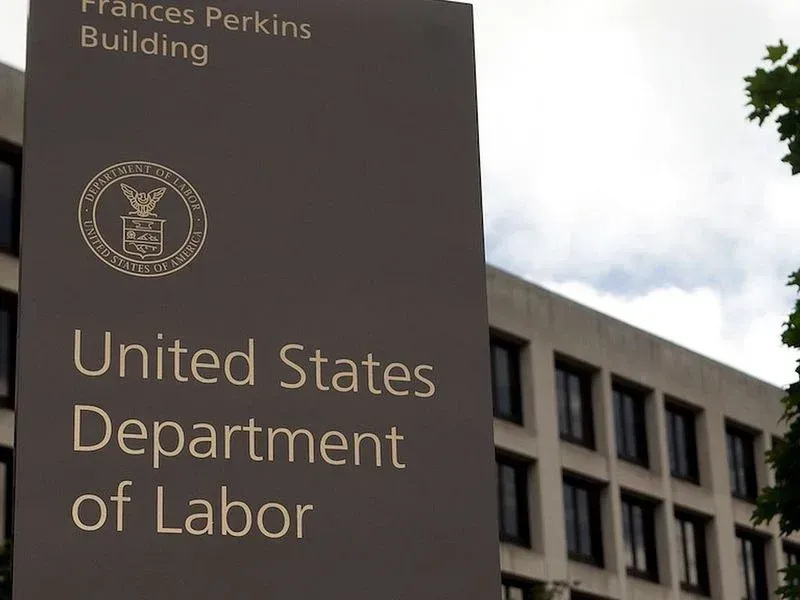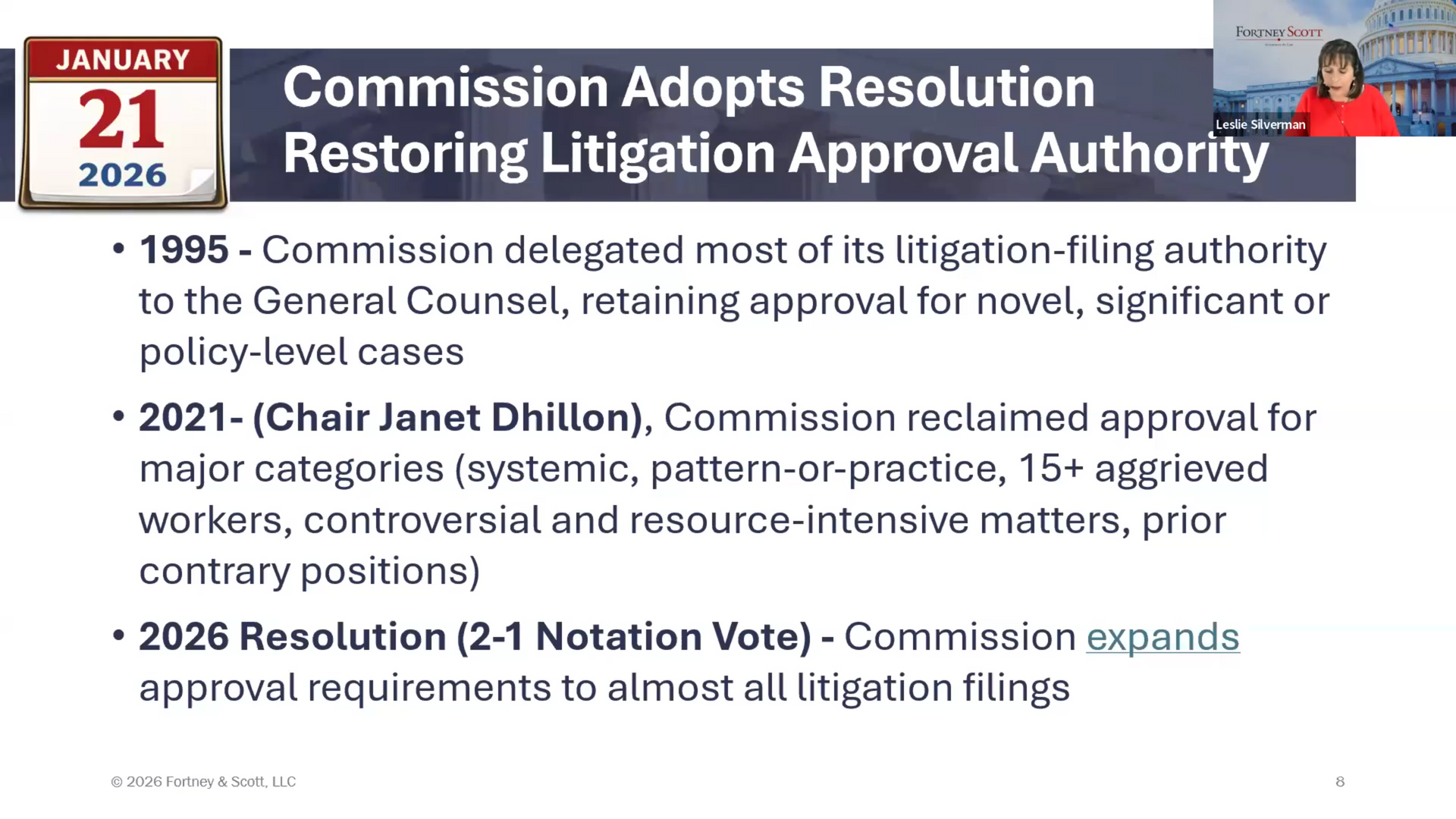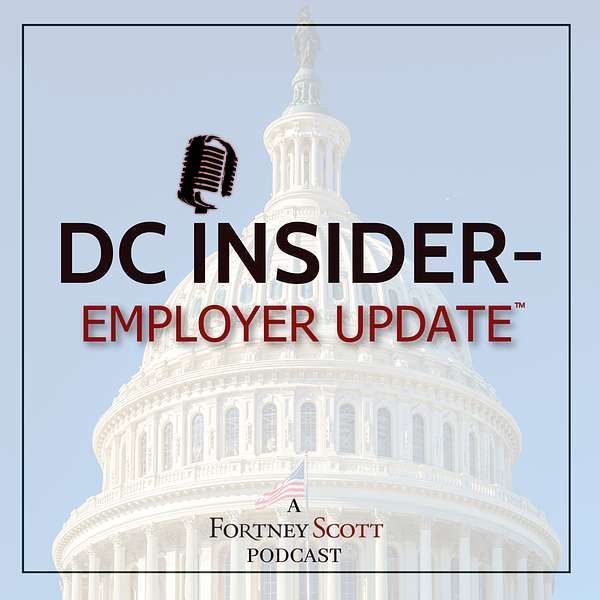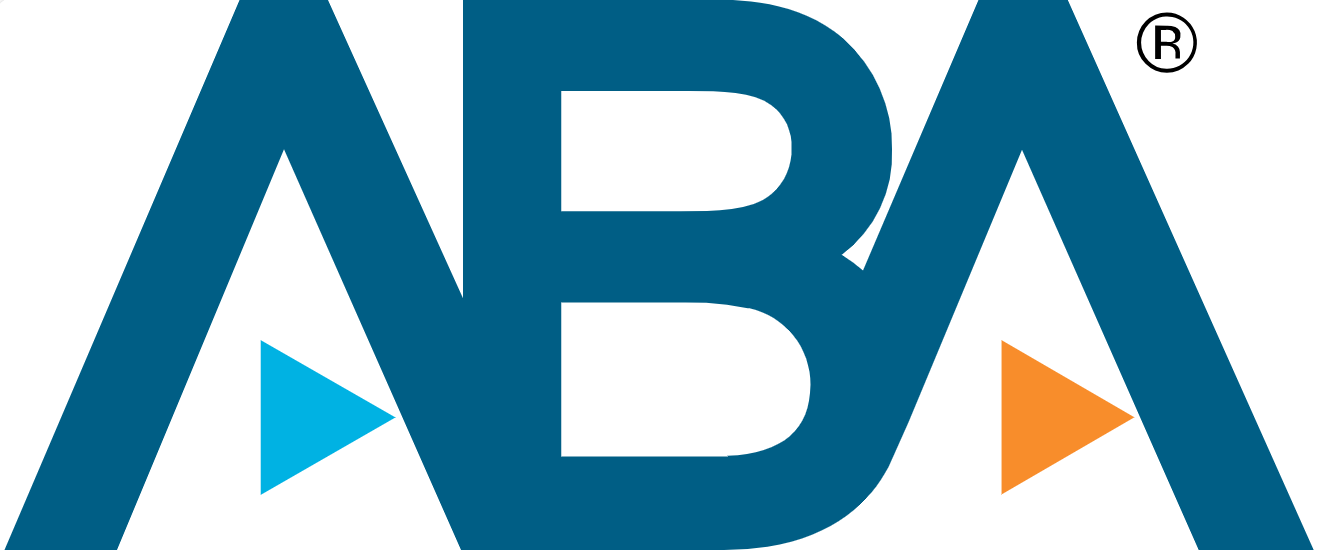Texas District Court Judge Grants Nationwide Injunction on Three Provisions of DOL's New DBA Regulations
A federal district court has issued a nationwide injunction preventing the U.S. Department of Labor from enforcing three provisions of the recently issued Davis-Bacon and Related Acts (DBA) regulations governing the prevailing wages and benefits for federally funded construction contracts. Further litigation and an appeal by DOL is expected.
Here are the details. The federal court in the Northern District of Texas granted a nationwide preliminary injunction on June 24 enjoining DOL from implementing or enforcing the DBA regulatory provisions relating to (1) contracts that do not include DBA provisions, (2) off-site material suppliers (including fabricators), and (3) truck drivers for suppliers. Associated General Contractors of America, et al v. U.S. Department of Labor, Case No. 5:23-CV-0272-C (N.D. Texas, June 24, 2024).
In reaching its conclusions, the Court stated that the statute explicitly provides that contracting agencies and officers are required to include the DBA provision and wage determination in the contract. The Court rejected DOL’s arguments that based on the operation-of-law provision DOL can impose DBA obligations. The Court ruled that the DBA contract provision and applicable WDs must be included in order for it to apply.
In rejecting the DBA regulations expansion to include material suppliers, the Court ruled that DOL ignored the statutory language of the DBA materials suppliers' exception.
Finally, in enjoining the expansive trucking provision included in the DBA regulations, the Court focused on the statutory language in the DBA, stating that "[u]nder its terms, DBA applies only to mechanics and laborers employed directly on the site of the work." The Court noted that expanding the DBA to apply to trucking "impermissibly conflicts" with the DBA.
The Court also noted that DOL fell short in meeting its regulatory obligations to justify its expansive scoping of the DBA. The Court stated that “…DOL should have estimated the compliance costs of expanding DBA covered to new industries, noting that the proposed rule [impermissibly] expands coverage to prefabrication companies, material suppliers, and truck drivers, professional surveyors, and additional small businesses." The Court’s reasoning provides additional bases for challenging the DOL’s expansion of the DBA to cover jobs in these sectors.















